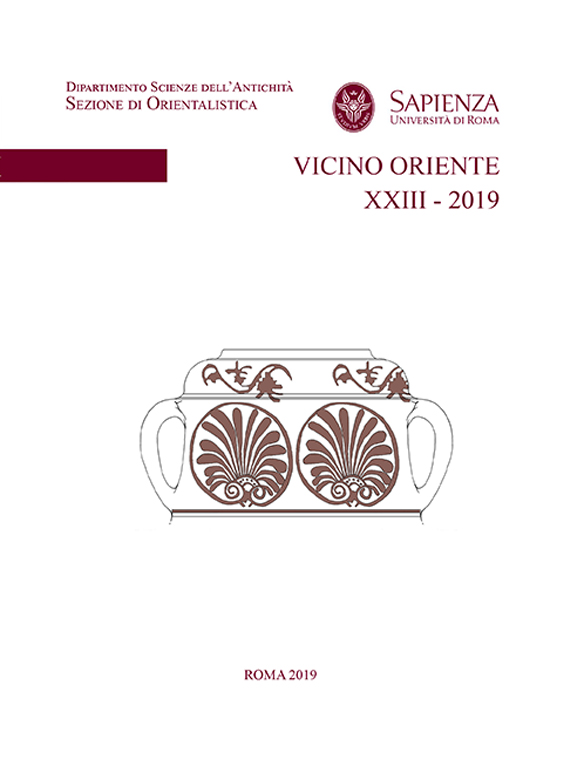Abstract
The Arabic word furāt occurs only three times in the Qur‟an denoting the “sweet (fresh) waters”
of the river in contrast to the salt waters of the see. Moreover, the adjective with the definite article,
al-Furāt, identifies the Euphrates River. The aim of this article is to establish if an etymological
relationship between furāt and al-Furāt exists. The adjective furāt derives from the verb form faruta
meaning “to be sweet (referring to the water)”, therefore the problem is to establish if the qualitative
verb faruta, and its adjective furāt, is related to other verbs of the root of frt/prt or if it originated from
the adjective furāt as a denominative verb. The root frt/prt meaning “sweet in relation to the water”
is not present in other Semitic languages as Hebrew and Aramaic. On the contrary, in Arabic al-Furāt
derives from Sumerian Buranum and Akkadian Purattum indicating the Euphrates River as the river
where sweet (fresh) waters flow; later the name of the river changed into the adjective furāt meaning
“sweet waters” and al-Furāt refers to the Euphrate as “the sweet river”. In addition, the Greek form,
Euphrates, may have originated from Old Persian Ufrātu where the initial U- could have been a
reinterpretation of the Sumerian determinative hid- (ID2) “river”; later it was transformed into U- <Persian prefix HU- “good, well”, so the Greeks understood *eu-frat “the good (sweet) river”.

Questo lavoro è fornito con la licenza Creative Commons Attribuzione - Non commerciale - Non opere derivate 4.0 Internazionale.
Copyright (c) 2023 VICINO ORIENTE

